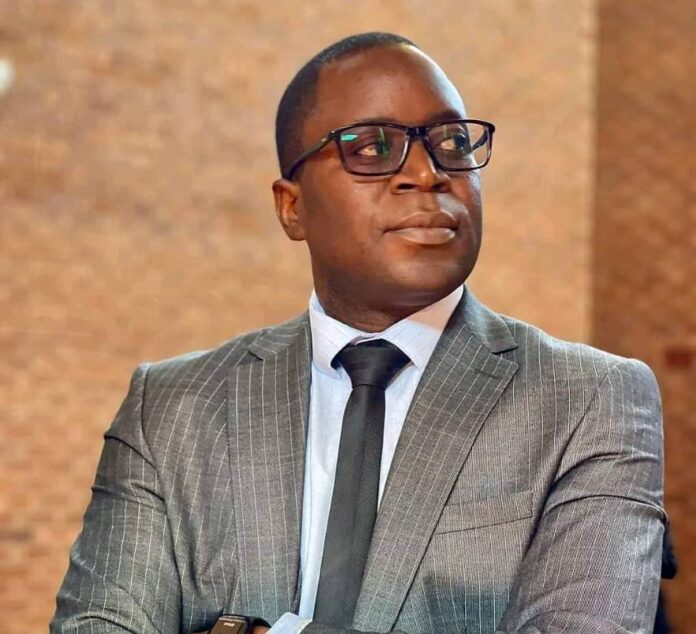Makebi Zulu Warns of Dangerous Power Grab as Government Seeks to Alter Constitution
Lusaka, Zambia
Prominent lawyer and former Member of Parliament, Makebi Zulu, has sharply criticized the Zambian government’s reported intentions to amend the constitution to expand presidential powers over parliamentary appointments. In a strongly worded statement, Zulu warned that bypassing the people in constitutional reform risks setting a dangerous precedent and eroding the democratic foundations of the nation.
Speaking on the matter, Zulu challenged the legitimacy of the proposal, arguing that the current constitutional limit on presidential appointees,capped at eight members of parliament has never been a subject of public discontent. He questioned why such a change is being considered now, suggesting the move is politically motivated rather than a response to national demand.
“You can’t have the President want to take away the question of appointment of nominees just to allow him to appoint as many as he wants to the National Assembly,” Zulu said. “No one has ever complained about that. Who has decided that this is a necessity in the current dispensation?”
His remarks come amid whispers of constitutional tinkering intended to remove key checks on executive authority. While the ruling party has yet to formally announce such amendments, insiders within legal and political circles have raised alarm over growing signs of centralized control and exclusion of civil discourse.
Zulu went further, asserting that any constitutional amendment that lacks public input cannot claim legitimacy. “Any amendment, if it has to be legitimate, has to start from the people. The constitution draws its legitimacy from the people,” he said. “If the people say no, and the government goes ahead and does it by hook or crook, then there’s no legitimacy that will accrue to that constitution.”
Legal experts have echoed Zulu’s concern, pointing to Zambia’s history of constitutional reform processes both progressive and controversial. The most enduring efforts, they argue, have been those born from consensus and national dialogue, not executive directive.
Recent political trends have fueled unease over the direction of the country’s governance. Civic groups and opposition leaders have long expressed anxiety about the executive branch extending its reach into institutions that are meant to remain independent. The judiciary, the electoral commission, and parliament have all come under scrutiny in recent years for perceived biases or lack of autonomy.
Critics say that allowing the President unchecked powers to appoint MPs would only worsen matters, further eroding trust in the National Assembly’s ability to hold the executive accountable. With the balance of power already tilted heavily toward the presidency, such a move could reduce parliament to little more than a rubber stamp a danger in any democracy.
Constitutional law professor Mwansa Mulenga notes, “It’s not just about what the President can do, it’s about what future presidents might do with the same power. That’s why we must always be cautious when making fundamental changes to the nation’s legal framework.”
Meanwhile, civil society organizations have begun mobilizing to resist any such constitutional amendments that circumvent public consultation. Petitions, town halls, and community outreach efforts are reportedly in the works to ensure citizens are informed and involved in any process that might alter the nation’s founding document.
For Zulu, the warning is clear: The people must not be sidelined in shaping the laws that govern them. “Constitutional power comes from the will of the people,” he said. “Not the will of one man or one party.”



If power came from the people we wouldnt be in this mess
Why in a hurry to amend constitution?
UPND put our economy in a mess and they should start by sorting out that mess. We had cheaper commodities under PF. Don’t argue with me, argue with economic stats provided by government itself
Comments are closed.